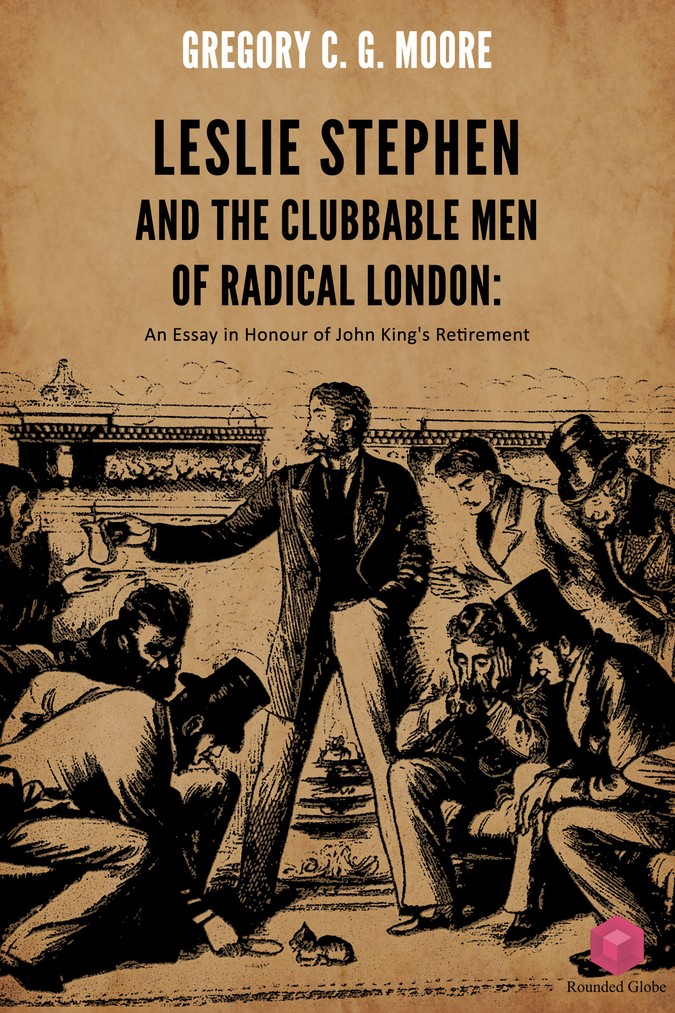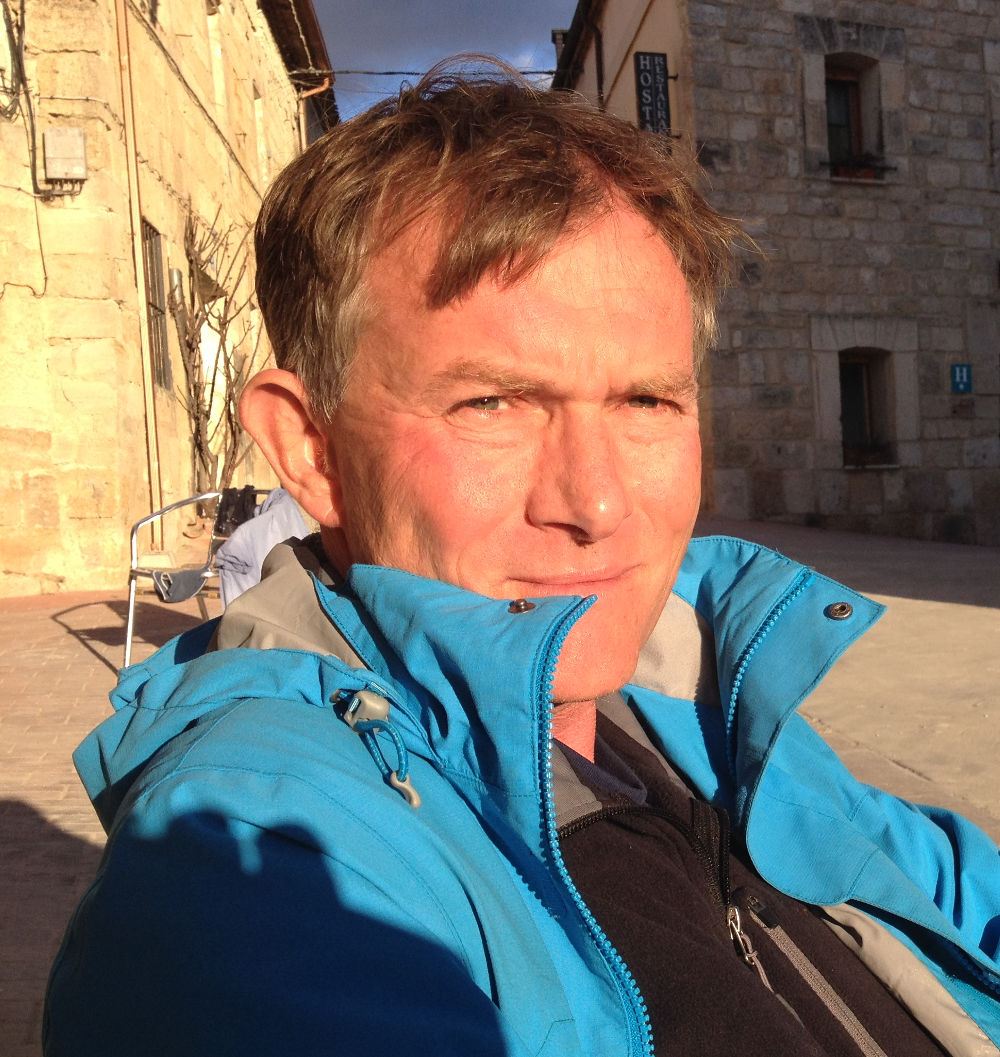
Leslie Stephen and the Clubbable Men of Radical London: An Essay in Honour of John King's Retirement
Leslie Stephen left Cambridge for the seat of Empire in the mid-1860s, resolved to sell his pen as a Higher Journalist and participate in the Radical clubs then proliferating in London to promote reform. We accompany Stephen on a walk through London in order to see for ourselves how social networks, public performances and an individual’s “clubbability” shaped the nature and fortunes of the ideas that the Radicals were seeking to advance on the printed page.
The essay focuses especially on those Radicals who took an interest in political economy and, indeed, our perambulatory exercise explains, amongst other things, W. S. Jevons’ claim that a “noxious influence of authority” pervaded the overlapping Radical and political economy circles.
Download
Share
Help us
If you'd like to help Rounded Globe publish more high quality, accessible ebooks then please consider supporting us via our Patreon page.
 Menu
Menu
